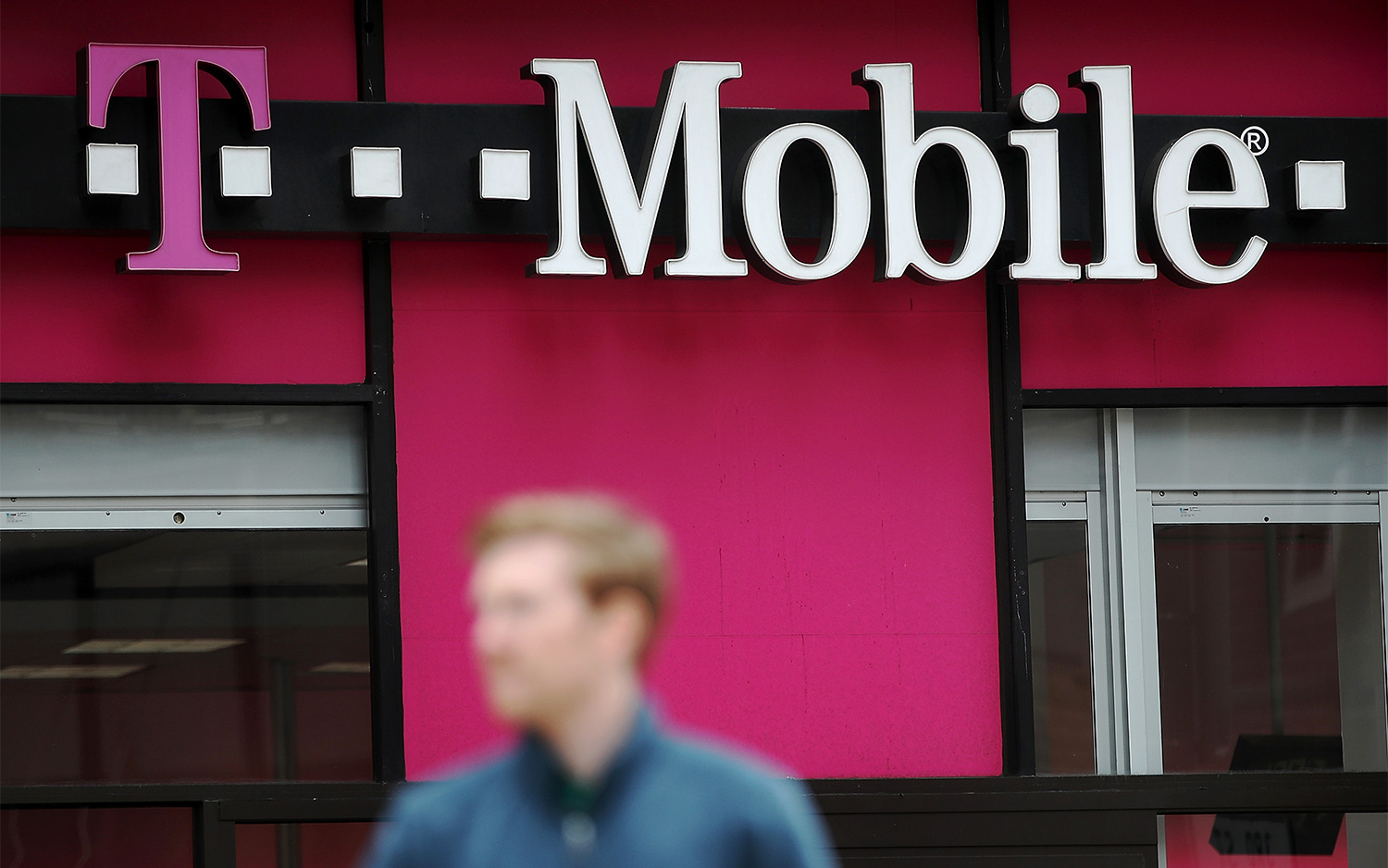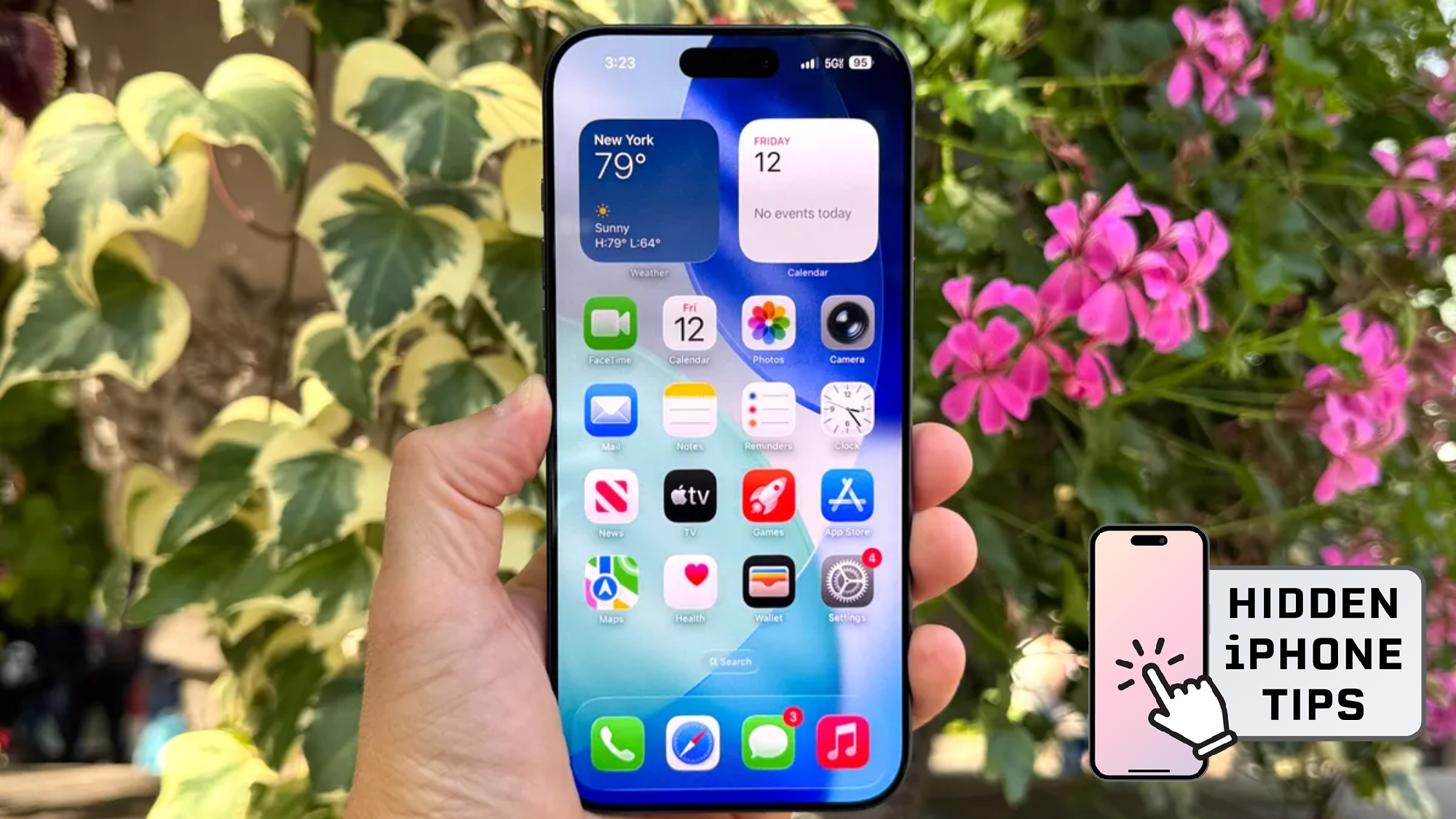T-Mobile’s New Home Internet Service Doesn’t Look Like a Great Deal
T-Mobile is dipping its toes in residential broadband with a new pilot program. But it doesn't look to be a fantastic deal for the few people who can get it — yet.
Wireless carriers are getting into the residential broadband game, energized by the throughput promised by faster 5G networking. Verizon launched its 5G Home service last year in a few test markets, and now T-Mobile — in the midst of a merger with Sprint that is still pending regulatory approval— is spearheading a pilot program to do the same.

The Uncarrier announced today (March 21) that it's rolling out the new fixed service on an invitation-only basis to 50,000 households in "rural and underserved areas of the country." The only problem? Depending on where you live, it might not be a very good deal.
T-Mobile laid out the details in a press release that seems a bit overeager in spite of the numbers at play. For one, we're not talking 5G, yet — this will start as an LTE-only affair, with speeds hovering around 50 Mbps and "no data cap." The latter stipulation is a bit hard to take at face value, given that every unlimited plan offered by wireless carriers today is actually very much limited: Once you past a certain threshold, your speeds can be slowed or your service can be deprioritized compared to other users.
The other problem is the price. You'll spend $50 per month to buy into this experiment (with Auto Pay enrollment, that is), which would ordinarily get you home internet speeds at least twice as fast in some markets. Granted, T-Mobile is targeting parts of the country that may not have a breadth of choices in terms of internet service providers, and the company is also promising a service devoid of "annual contracts, hidden fees and equipment costs," which is worth its weight in gold in the residential broadband space.
MORE: The Truth About 5G: What's Coming (and What's Not) in 2019
That said, the performance for the cost isn't particularly encouraging. If you want some idea of T-Mobile's LTE performance over its wireless network, our latest round of LTE wireless network testing put the Uncarrier in third place with an average nationwide speed of 36 Mbps, well behind Verizon and just behind AT&T.
Of course, that should improve once 5G finally arrives. And T-Mobile has made its fair share of promises pertaining to its 5G rollout, with CTO Neville Ray pledging that the company will not raise its wireless prices when 5G arrives for three years following its merger with Sprint, if that merger winds up being approved. Additionally, the company notes that it's vying to cover at least half of all U.S. households with 5G broadband by 2024.
Get instant access to breaking news, the hottest reviews, great deals and helpful tips.
Ultimately, the strength of this test program will depend largely on the markets T-Mobile selects, which weren't identified in today's release. But right now, in these early stages, the network appears to be pitching what will eventually become a 5G home broadband service without the essential ingredient of 5G. For what it's worth, at least it's not as egregious as AT&T's loose definition of 5G.
Adam Ismail is a staff writer at Jalopnik and previously worked on Tom's Guide covering smartphones, car tech and gaming. His love for all things mobile began with the original Motorola Droid; since then he’s owned a variety of Android and iOS-powered handsets, refusing to stay loyal to one platform. His work has also appeared on Digital Trends and GTPlanet. When he’s not fiddling with the latest devices, he’s at an indie pop show, recording a podcast or playing Sega Dreamcast.
 Club Benefits
Club Benefits





